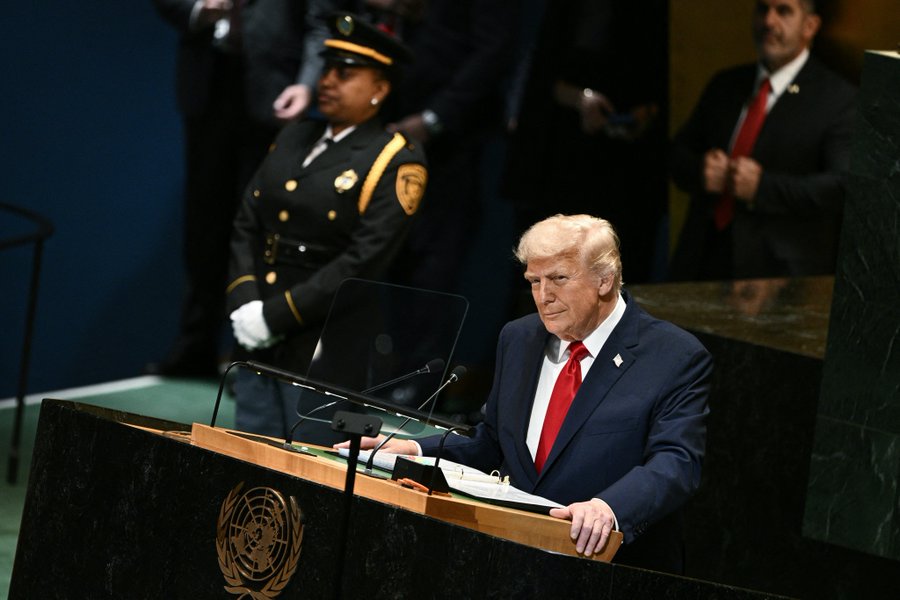
The United States has proposed significant changes to the H-1B visa programme, days after President Donald Trump signed a proclamation imposing new restrictions, including a USD 100,000 fee for each new application.
The Department of Homeland Security (DHS) has outlined a plan to scrap the current lottery system used to allocate H-1B visas and replace it with a weighted selection process.
The proposed system would give priority to higher-skilled and higher-paid foreign workers, while still allowing companies to hire employees across wage levels.
The H-1B visa, widely used by US companies to hire skilled workers in technology, engineering and other fields, has long been distributed through a random lottery due to overwhelming demand.
White House spokeswoman Taylor Rogers defended the plan, saying: “President Trump promised to put American workers first, and this common-sense action does just that by discouraging companies from spamming the system and driving down wages. It also gives certainty to American businesses that actually want to bring high-skilled workers to our great country but have been trampled on by abuses of the system.”
While signing the proclamation, Trump reiterated his stance: “The incentive is to hire American workers.”
Indians account for 71 percent of all approved H-1B applications, according to US Citizenship and Immigration Services (USCIS) data, making them the group most affected by the proposed changes.
If implemented, the rules could significantly reshape the H-1B programme by shifting it from a lottery-based system to one based on merit and wages.


